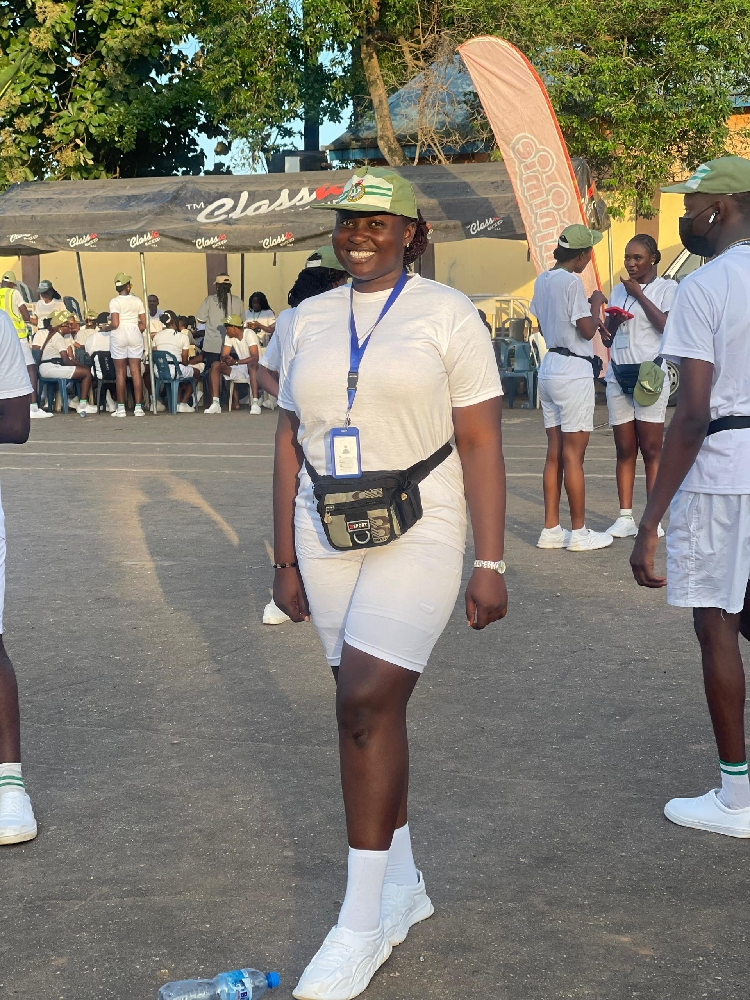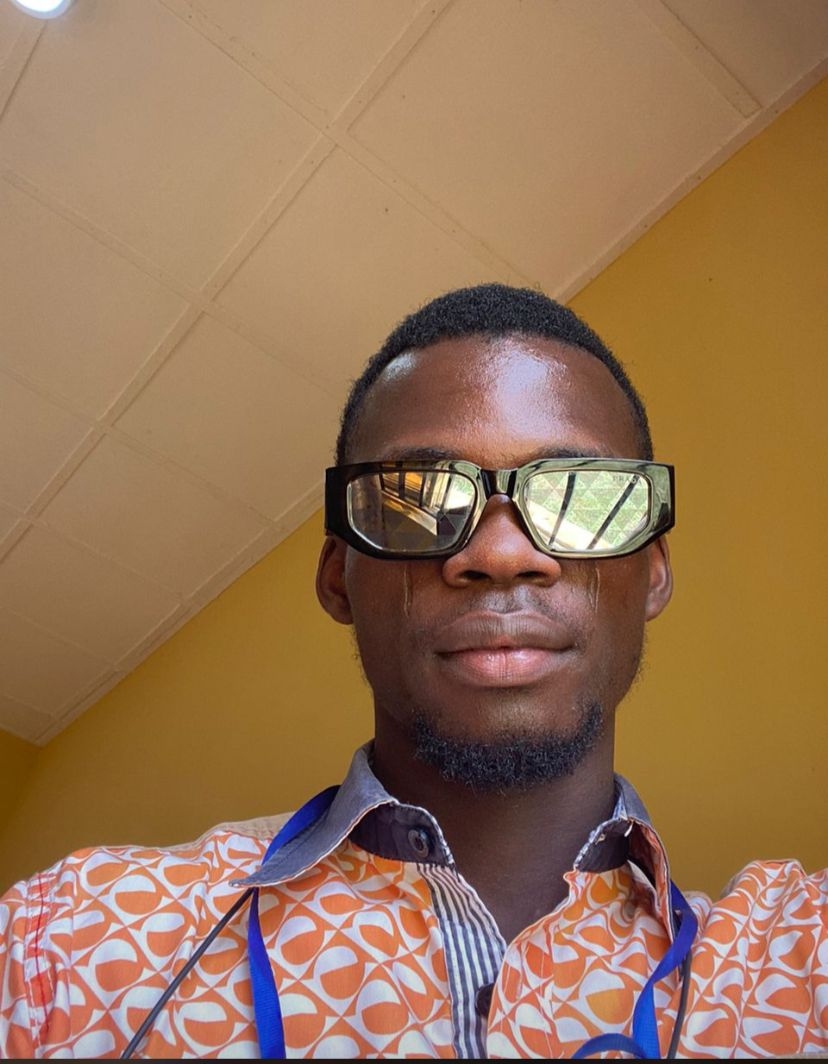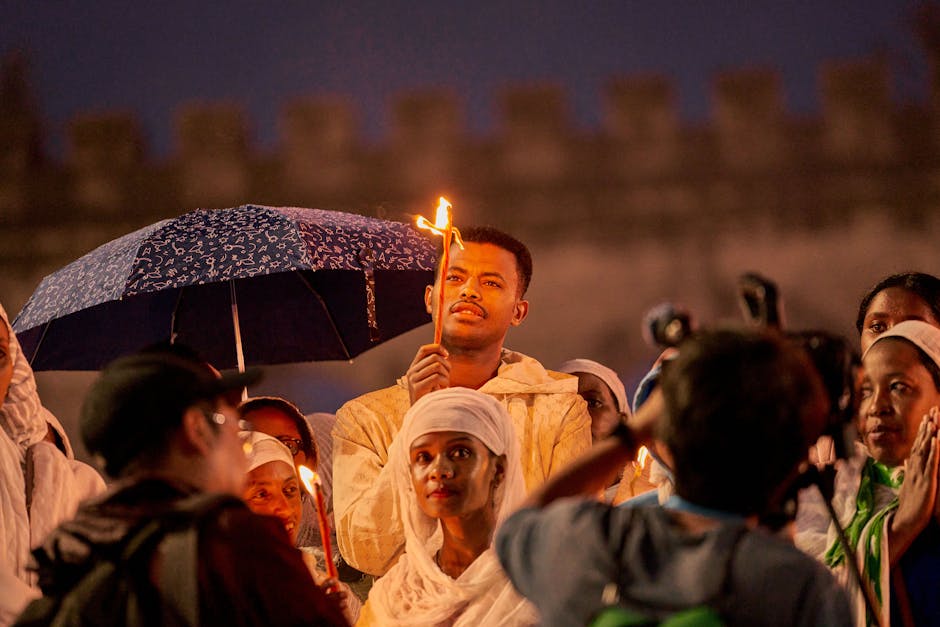

Criminology and Security Studies
Malik Olamilekan Adeboye@adeboyemalikolamilekan580166
4 months ago
How Sociological Theories Inform Criminology
If you’ve ever wondered why people commit crimes, or why certain groups seem more affected by crime than others, you’re already thinking like a criminologist. But here’s something many people overlook: much of criminology doesn’t stand alone. It rests on a deep foundation built by sociological theories.
Sociology is the broad study of society, its institutions, structures, values, and behaviors. Criminology narrows that lens to focus on criminal behavior, law enforcement, justice systems, and social reactions to crime. Yet, without sociology, criminology would struggle to make sense of the bigger picture. That’s because crime doesn’t happen in a vacuum. It’s shaped by social conditions, norms, and relationships.
Let’s take a closer look at how key sociological theories have shaped the way criminologists understand crime today.
1. Strain Theory: When Society Sets the Goal but Not the Means
Strain theory is a classic example of sociology influencing criminology. Originally developed by sociologist Robert Merton, this theory argues that people are pushed toward deviance when society places pressure on them to achieve culturally approved goals like wealth or success but fails to provide equal means to reach them.
Criminologists use strain theory to explain why individuals from disadvantaged backgrounds might turn to crime. If society tells you that success means owning a car, a house, or having a flashy lifestyle, but your environment offers no legal pathway to achieve those things, the result is a kind of pressure what Merton called "strain." That strain can lead people to innovate, and sometimes that innovation takes the form of theft, fraud, or drug dealing.
The theory doesn’t excuse crime, but it helps us understand the deep social forces behind it. It reminds us that crime isn’t always about individual wickedness, it’s often about structural inequality and blocked opportunities.
2. Social Learning Theory: Crime is Learned, Not Inherited
Another powerful sociological influence is social learning theory, which comes from the idea that people learn behavior by observing and imitating others. In this view, criminal behavior isn't something you’re born with; it's something you pick up from your environment.
If someone grows up in a neighborhood where criminal behavior is normalized, where friends, relatives, or neighbors engage in theft, violence, or drug activity, there’s a much higher chance they’ll adopt the same behaviors. Criminologists apply this theory to understand gang membership, juvenile delinquency, and patterns of repeat offending.
What’s important here is the role of socialization. Just like children learn to say "thank you" or how to behave at school, they can also learn how to shoplift, how to hide drugs, or how to manipulate security systems. It all depends on the models and messages in their social world.
3. Labeling Theory: When Society Creates the "Criminal"
Labeling theory offers yet another sociological lens that has profoundly shaped criminology. The central idea is simple but powerful: people become what they are labeled as.
When someone is caught and publicly identified as a "criminal" or "deviant," society tends to treat them differently. Opportunities shrink. Trust is broken. And once that label sticks, the individual might internalize it. They may begin to see themselves as a criminal and act accordingly. Criminologists use labeling theory to explain repeat offenses, the stigma of incarceration, and the long-term consequences of criminal records.
More importantly, this theory asks difficult questions: What if the justice system creates more crime than it prevents? What if society’s response to deviance is more damaging than the original act?
4. Conflict Theory: Crime and the Power Struggle
Sociology also offers conflict theory, which views society as a battleground between groups with different levels of power. Applied to criminology, this theory argues that laws are not neutral. They often reflect the interests of the powerful and are used to control the less powerful.
For instance, white-collar crimes, committed by the wealthy, often result in lighter penalties than street crimes committed by the poor. The theory suggests this is no accident. Criminologists who adopt this perspective examine how the justice system can reinforce class inequality, racial bias, and economic exclusion.
Conflict theory challenges us to think critically: Who decides what counts as a crime? Whose behavior is punished most severely? And why?
5. Functionalism: Crime Has a Role in Society
Even functionalism, a theory that sees every part of society as having a function has shaped criminological thinking. Sociologist Emile Durkheim argued that crime, while undesirable, is actually a normal part of society.
According to this view, crime serves several functions: it sets boundaries (by reminding people what’s acceptable), encourages social change (by revealing outdated laws or norms), and strengthens group solidarity (when people unite against wrongdoing).
This theory may seem counterintuitive, but criminologists use it to understand why some level of crime is always present in every society, and why completely eliminating it may be impossible.
So What’s the Big Picture?
The big picture is this: without sociology, criminology would lose its compass. While criminology investigates the "what" of crime, what was done, when, and by whom sociology helps us answer the deeper "why." Why do people commit crimes? Why do certain groups experience more policing? Why do laws evolve?
Sociological theories allow criminologists to move beyond surface-level observations and into the realm of causes, patterns, and consequences. They turn crime from a mystery into a complex social story, one that includes inequality, identity, opportunity, and power.
For any student of society, this relationship is not just academic, it’s essential. If we want to understand crime and, more importantly, prevent it, we must first understand the society in which it happens.
If you're interested in studying Criminology & Security Studies and get certified under 3months in a worldwide recognised institution. Comment now and get started.
Also, if you want more of this update. Comment Yes.







3 months ago
